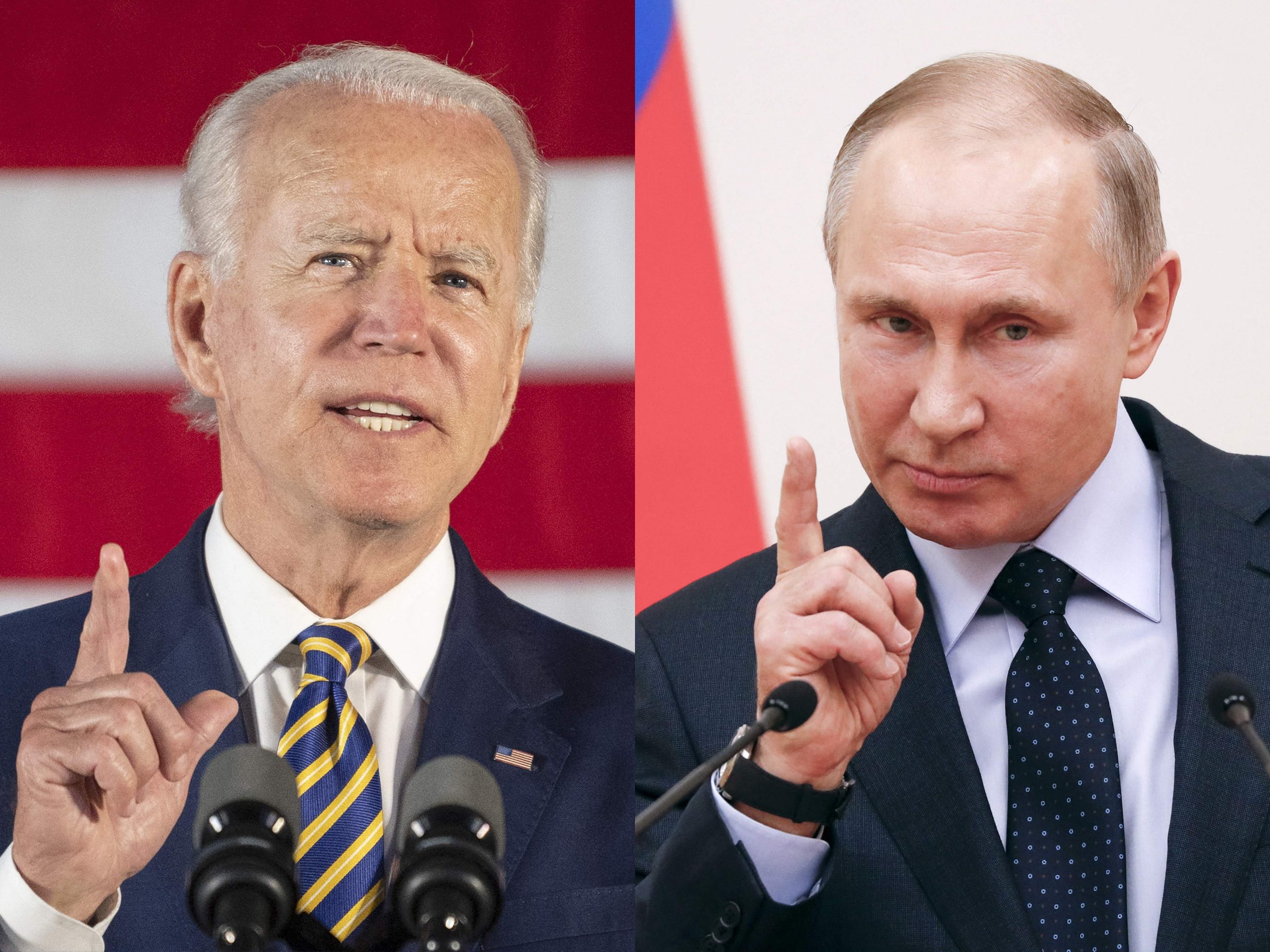
India in The Contentious US-Russian Relationship
Fri, 25 Jun 2021 | Reading Time: 5 minutes

India in The Contentious US-Russian Relationship
Lt Gen Kamal Davar (Retd)
The end of the Cold War in 1991 between its principal players, the US and USSR, had triggered optimism the world over that perhaps peace was now on the horizon between the two most powerful nations, and by extension, across the world. The dissolution of the USSR had left only one super-power in the reckoning. Many in the world, subsequently, felt that multipolarity should be the natural and desired outcome of this geopolitical shakeup. Fast forward to the end of the century and by all accounts, China was gradually displaying all the traits of becoming a super-power with its economic resurgence and military growth, propelling global ambitions. However, Russia—the successor of the erstwhile USSR— notwithstanding its serious economic travails retained its military capabilities, its technological advancements and geo-strategic significance in the Eurasian region.
The last two decades, however, also saw the USSR’s successor Russia’s overall influence diminishing marginally, both at the global and regional levels, primarily owing to its sluggish economic growth and a fluctuating crude oil market. Nevertheless, under its determined head of state, Vladimir Putin, Russia has doggedly meandered its way through a maze of economic challenges. Since the past few years, it has re-emerged as a significant player asserting itself globally and in the region.
Though both the US and Russia do not have critical differences amongst each other, which may result in a major military confrontation, yet perceptional divergences between them exist on numerous issues. Is there a “New Cold War” or “Cold Peace” in the making?
India, with its traditional ties with Russia, and equally rapidly developing strategic relations with the US, is perhaps caught in a bind! Not only for its own national interests but India, retaining its strategic autonomy owing to its multi-faceted significance, can play a leading role to bring the two sparring powers closer—–a prerequisite for a peaceful global order. On the other hand, it does not require much strategic brilliance to comprehend the simple fact that the emerging global power, China, is the sole major beneficiary of adverse US-Russia relations. That China would be doing its utmost to bring Russia closer to itself and make the US an irrelevant power in the Middle East-South Asia-SE Asian region is clearly evident.
Among the major contentious issues plaguing US-Russian rapprochement on strategic matters are differences on nuclear issues, Afghanistan’s future, Iran’s nuclear impasse, US strategies in the Indo-Pacific and the likely emergence of QUAD as a major grouping. China’s growing intransigence and its scoffing at international rules-based orders, Russia’s meddling in Ukraine, Russia’s human right violations, trade sanctions by the US on Russia and some other nations, climate change and importantly, cyber security etc are among some other differences.
On some significant issues, indirectly or directly, India too gets affected by US-Russian differences. An analyst succinctly has stated that “US has an India problem and it’s all about Russia.” The Russians too are distinctly uncomfortable at the growing strategic ties between India and the US especially in the area of hi-tech arms, weapons, platforms import from the US to India. Since the last many decades, Russia has been the largest exporter of warlike stores to India amounting to over 70 percent of India’s arsenal.
Two years back, India despite US opposition had signed over a 5 billion US dollars deal with Russia, for the import of the latest long-range air-defence missile system the S-400 (Triumf). The US, for a similar deal between the Russians and Turkey had imposed sanctions on the latter. Some noises have been emanating from the US to India to cancel the deal with Russians, but India has stood its ground so far. It must be conveyed to all, friends and foes alike, that India is not a recipient of any military aid and procures its defence needs on payment, from wherever it feels appropriate. It will indeed be a retrograde step, if the US imposes the CAATSA (Countering America’s Adversaries Through Sanctions Act) on its strategic partner, India.
Another contentious issue between the US and Russia which has implications for India is the future of Afghanistan from where the US has already commenced its troop withdrawal and would exit by 11 Sep 2021. The US forsaking Afghanistan in its currently precarious security and political instability ridden state does not augur well for India’s friendly and humanitarian linkages with that fratricidal-violence afflicted nation.
Pakistan inspired and funded Afghan Taliban, warlords and terror-driven organizations like the Haqqani network, Al Qaeda elements, the Islamic State in Khorasan which is gaining ground in some eastern provinces of Afghanistan are all waiting in the wings to take over Afghanistan, after the US departure and revert it to the dark ages. Women, school children and the ordinary citizens of Afghanistan are dreading their future with many of them trying to leave Kabul for other countries. India indeed would be marginalized in even assisting Afghanistan in non-kinetic endeavours. Amazingly, that US and Russia could not agree to the contours of the hapless nation’s future does not augur well for regional peace. Somewhere, India should have endeavored far more actively to get US and Russia on the same page on Afghanistan.
Mindful of China’s growing naval power with its implications on it belittling the maritime rules based international order, the US and many like-minded nations do agree to chastening China’s ever growing ambitions in the Indo-Pacific region. China’s bullying of its neighbours in the South China and East China seas, like Vietnam, Philippines, Indonesia, Japan, has to be confronted with and thus the QUAD, still in its infancy, has to be suitably strengthened. Russia, despite its growing warmth with China, though, has maintained a seemingly neutral stance in South China Sea’s affairs, remains rather wary of the QUAD’s future configuration and mission.
The US thus must assuage any apprehension of the Russians regarding the QUAD, and India too can play its part in the same endeavour. Russia does, anyway, comprehends that likely confrontation between the nations on the Indo-Pacific rim and Russia itself is hardly a possibility! However, all these littoral nations will be wary of China’s unbridled ambitions in the Indo-Pacific expanse—-enough suitable reason for US-India-Russian cooperation in this strategic region.
Prior to assuming the US presidency, Joe Biden was expected to adopt a tougher stance than his mercurial predecessor Donald Trump towards Russia. After the first three months in office where Biden appeared to adopt a harder stance towards Russia, also calling Vladimir Putin uncharacteristically a “killer”, Biden appears to have softened considerably as seen in the just concluded summit between him and Putin on 16 June at Geneva, Switzerland, after the G-7 meeting in London last week.
Presidents Biden and Putin both engaged for three hours discussing what Biden termed “in excruciating detail” the many issues which plague US-Russian relations. By all accounts the meeting was useful for both nations and Biden announced that they discussed, among other issues “the next steps our countries should take on arms control measures” to reduce the risk of war. Putin hailed Biden as “very constructive, balanced and extremely experienced.” Both leaders agreed to ensure that certain types of critical infrastructure should be kept off limits to cyber attacks including in the energy and water sectors. They agreed to pursue criminals carrying out ransomware attacks. The summit between the two augurs well for global geopolitics for the immediate future.
Overall, as regards US-Russian relations and their likely impact on India, the latter has to forge ahead with clarity bearing its national interests in mind. Ensuring strategic autonomy will be a diplomatic tight-rope for India. However, as India does not have any major problems with either of these nations, ensuring friendly and mutually beneficial relations should not be overly a difficult task. India can play a major role in ensuring both these nations cooperate with each other in resolving global and regional problems and keeping China’s machinations at bay. The coming months will thus be a test for Indian diplomacy and statecraft.
**********
Disclaimer: The opinions expressed within this article are the personal opinions of the author. Chanakyaforum.com is not responsible for the accuracy, completeness, suitability, or validity of any information on this article. All information is provided on an as-is basis. The information, facts or opinions appearing in the article do not reflect the views of chanakyaforum.com and it does not assume any responsibility or liability for the same.
Author
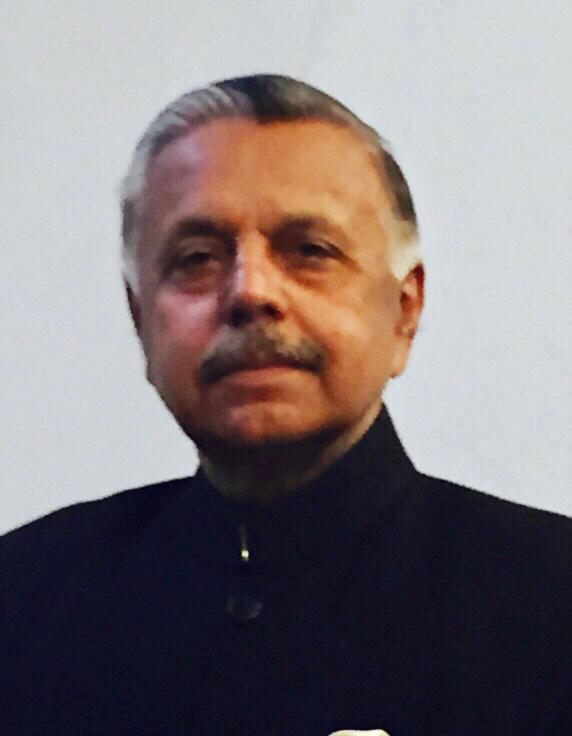
Lt Gen Kamal Davar (Retd) was the first Chief of India’s Defence Intelligence Agency. He is one of India’s leading strategic thinkers and a prolific writer on security matters.
Disclaimer
The opinions expressed in this article are the author’s own and do not reflect the views of Chanakya Forum. All information provided in this article including timeliness, completeness, accuracy, suitability or validity of information referenced therein, is the sole responsibility of the author. www.chanakyaforum.com does not assume any responsibility for the same.
Chanakya Forum is now on . Click here to join our channel (@ChanakyaForum) and stay updated with the latest headlines and articles.
Important
We work round the clock to bring you the finest articles and updates from around the world. There is a team that works tirelessly to ensure that you have a seamless reading experience. But all this costs money. Please support us so that we keep doing what we do best. Happy Reading
Support Us




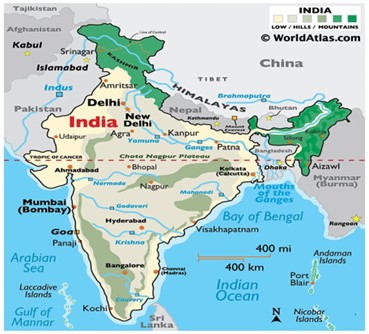





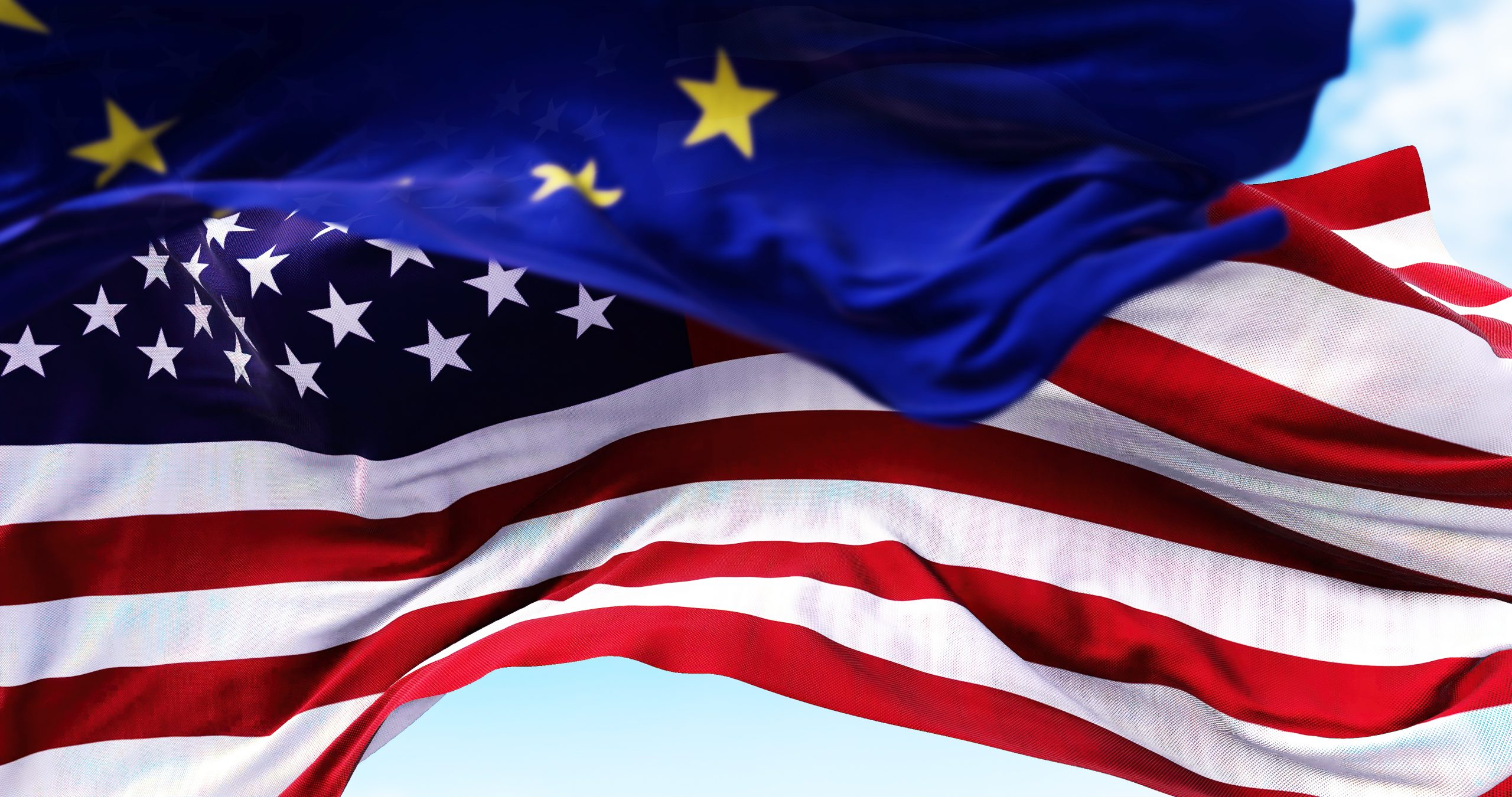
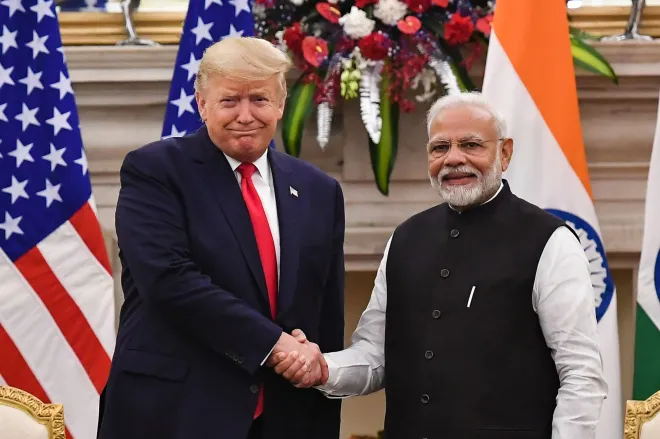
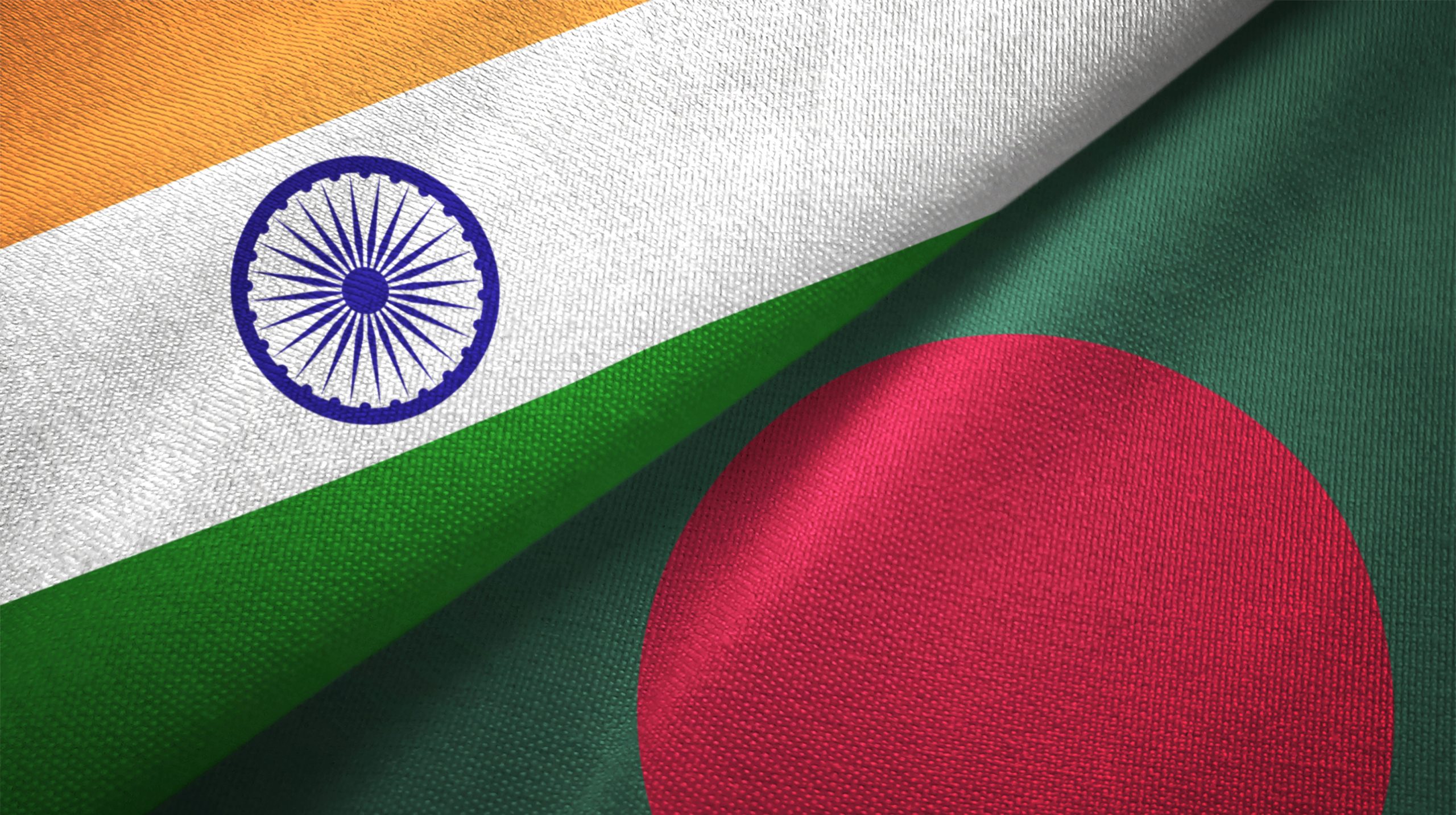
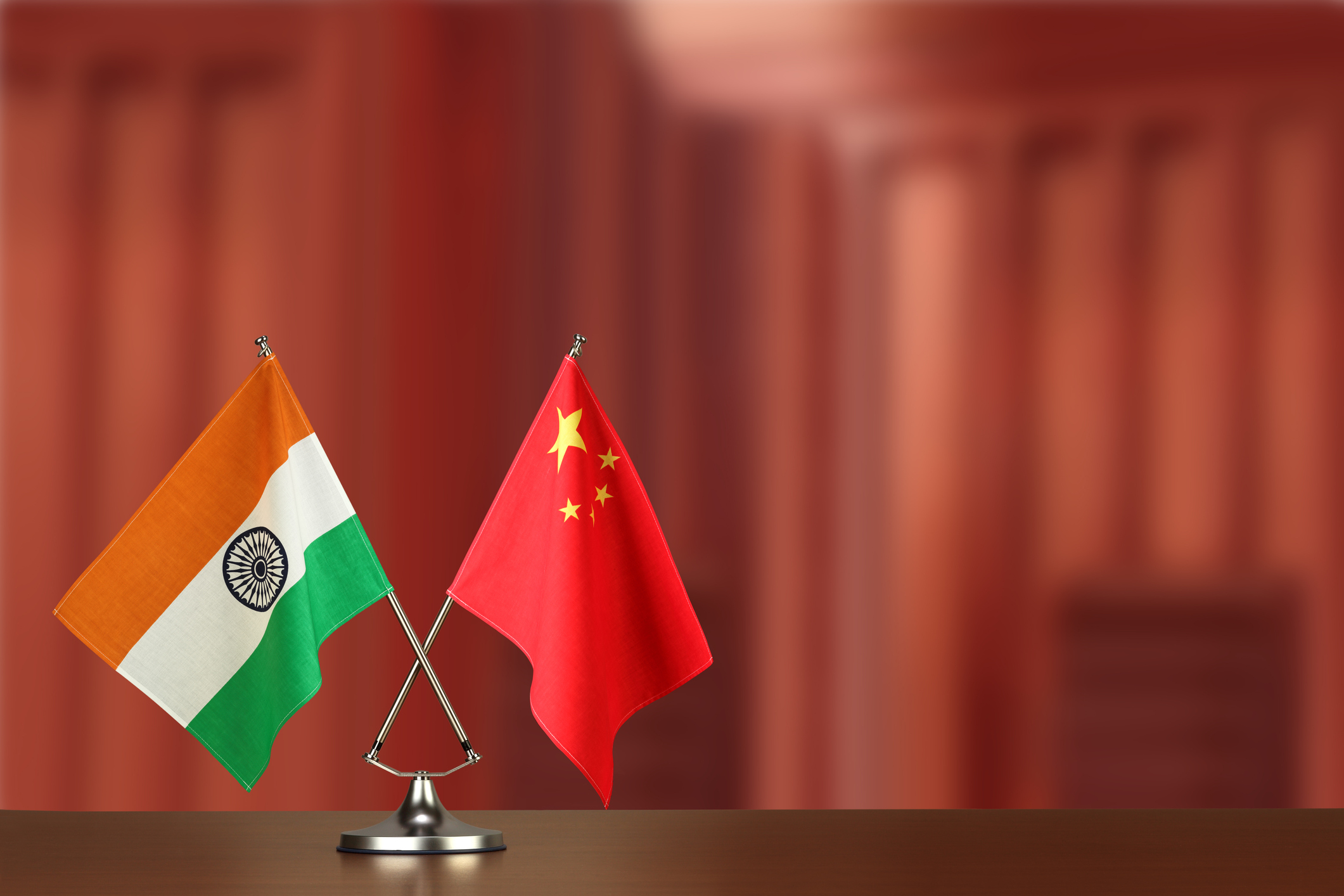






POST COMMENTS (6)
P.S. eudonym
shivam singh
Mukesh.Naik
BHAVIL GOYAL
Poonam Dave
Rahul Prajapati